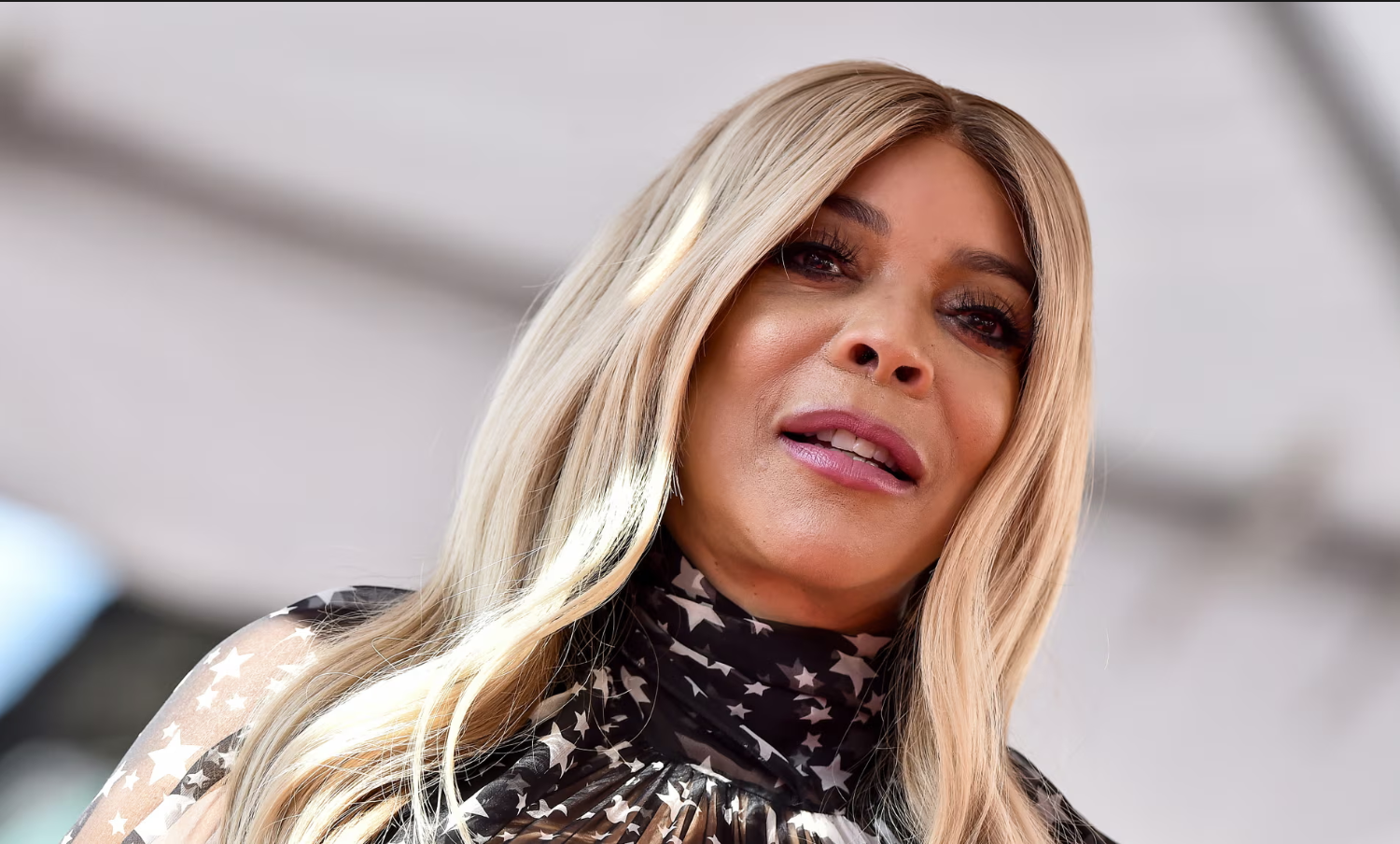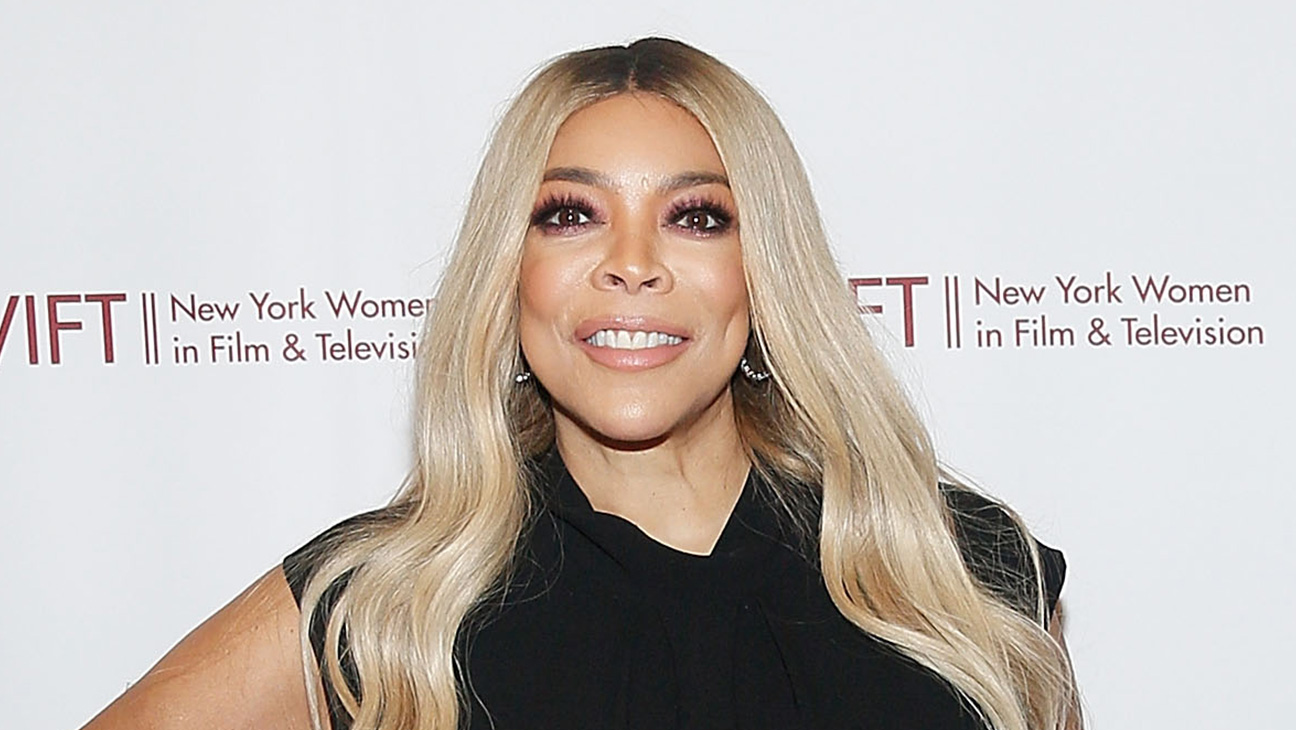Is the Wendy Williams docuseries saving a vulnerable person, or exploiting her?

In the four-part documentary, we watch her stumble around sick, confused, incoherent and unable to recognize immediate family members or properly answer questions. Even the signature blond wigs she always had perfectly coiffed while taping the Wendy Williams Show, her polarizing and long-running series, are a straggly mess, her appearance bluntly telegraphing her layered, years-long struggles.
Producers promised that this docuseries would give us a close look at “Wendy’s delicate state of mind, erratic behavior and declining health”, and have framed it as an investigative exposé of a dangerous and neglectful situation. As the world watches Williams’s decline in real time, however, I have to ask: who is this for? And who does this benefit? Because it doesn’t seem like it is Wendy Williams.
The former talkshow host was diagnosed last year with primary progressive aphasia and frontotemporal dementia, according to a statement recently released on behalf of her caretakers. Her diminished cognitive function is what is most apparent in the series, but it has definitely not been her only struggle in the past few years.
Since she fainted on the air back in 2017, viewers have been well aware of the physical and mental health issues that have followed the former talkshow host, who has said she suffers from Graves’ disease, an autoimmune illness, and other thyroid problems. Members of her family have suggested some of her medical problems are related to alcohol abuse, and have also alleged that Williams’s guardianship, which is not controlled by the family, does not have her best interests at heart, allegations that her guardian denies.
Where Is Wendy Williams? puts her in front of cameras at what seems to be the peak of these struggles (she also executive produced the series), while anxious family members and what seem like leeching yes-men tiptoe around her.
If the series has one redeeming quality, it’s that capturing Williams’s experience the last few years has once again ignited public conversation about the sometimes abusive nature of guardianships and conservatorships, and how easily they are weaponized against vulnerable people.
Williams was placed under a legal guardianship back in May 2022, after Wells Fargo froze her accounts and successfully petitioned for the guardianship, because her financial advisers at the time claimed that she was unfit to manage her own funds. Since then, she has been under the guardianship of the New York lawyer Sabrina Morrissey, who didn’t appear in the docuseries. Morrissey and other attorneys were sued in 2022 by a man in New York who claimed they conspired to place him under a baseless guardianship in order to defraud him of money he’d made in a personal injury claim, though he has since withdrawn the suit.
Much as we saw with Britney Spears, who is barely out from under the shadow of her own hellish conservatorship, there is certainly potential for Williams to be taken advantage of and isolated by money-hungry hangers-on. And while this context is important, the way Williams’s own story has been filmed for shock value is extremely harmful for everyday people who live with such issues as alcohol abuse or dementia.
“I wish you would get lipo,” she barks on-camera at her publicist before calling her a “dumb-ass”. Moments like this were extremely hard to watch, but were especially unsettling because at the time they aired, few people knew that Williams had frontotemporal dementia, or FTD, a rare form of the disease that affects the parts of the brain responsible for behavior and language. Experts say it can cause inappropriate behavior or a loss of inhibition, and is sometimes mistaken for depression or bipolar disorder.
It’s worth remembering that, compared to Spears, Williams cut a far less likeable figure throughout her career. Her raw, no-filter interviewing style made her famous, but she also has a track record of using her platform to diminish other celebrities who struggled in similar ways. So, for people who disliked Williams and were unaware of her condition, it was hard to be especially sympathetic.
I’ll be the first to say that I don’t have many complimentary things to say about Williams. But framing disability as some kind of karmic comeuppance is violently ableist, and the makers of the series bear a major responsibility for helping reinforce this kind of narrative by exposing Williams this way without tact or badly needed context.
None of this is surprising, though. Hollywood has always had a fiendish appetite for the suffering of others. And it’s not lost on me that in capturing Williams like this, Where Is Wendy Williams? is doing the very thing it purports to be exposing – exploiting a declining star and turning her pain into profit.
-
Tayo Bero is a Guardian US columnist
Keywords
Newer articles
<p>Chinese officials say they "firmly oppose" the platform being divested.</p>
Ukraine ‘will have a chance at victory’ with new US aid, Zelenskyy says
Congress passes bill that could ban TikTok after years of false starts
Ukraine war: Kyiv uses longer-range US missiles for first time
How soon could US ban TikTok after Congress approved bill?
‘LOSING CREDIBILITY’: Judge explodes at Trump lawyers as case heats up
TikTok faces US ban as bill set to be signed by Biden
Claim rapper ‘made staff watch her have sex’
KANYE WEST PLANS TO LAUNCH 'YEEZY PORN' ... Could Be Coming Soon!!!
Megan Thee Stallion’s Ex-Makeup Guru Talks. It’s Not Pretty.




